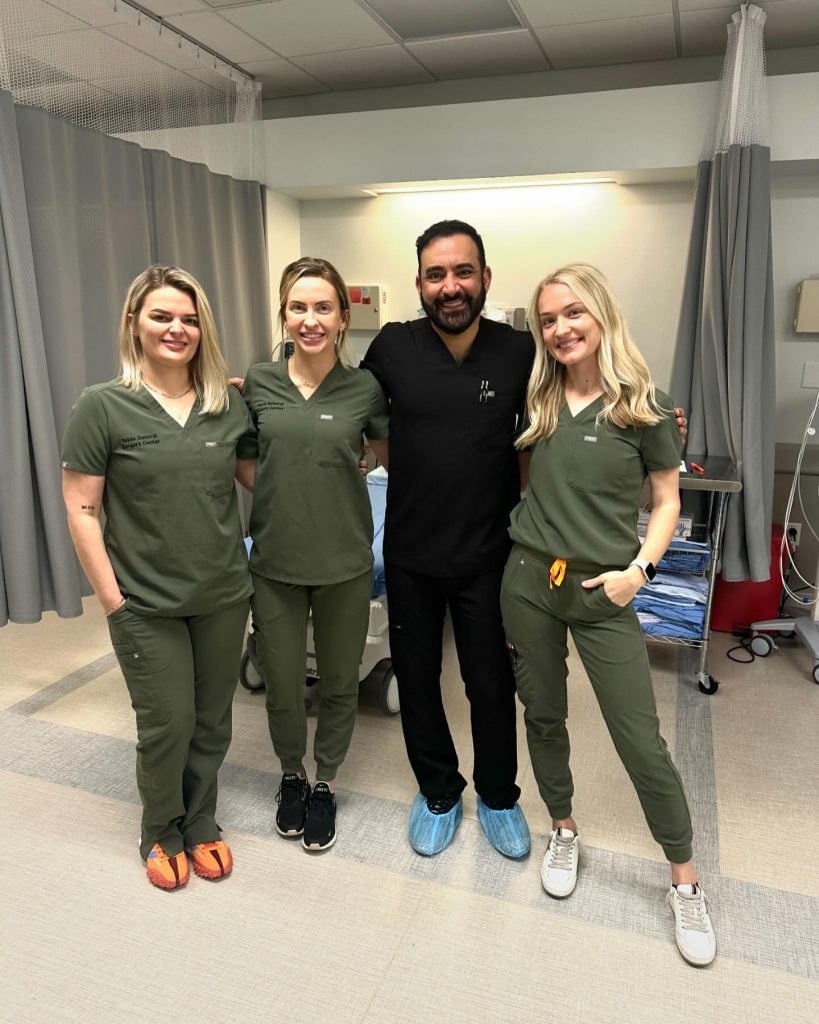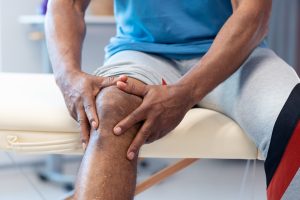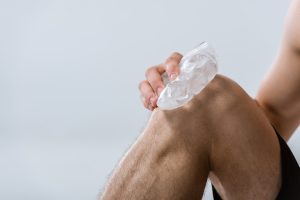Feeling sore after a workout is common—but when that soreness turns into sharp, lingering, or worsening lower back pain after exercise, it could mean something more than just post-workout muscle fatigue. Whether you’re lifting weights, running, or just doing regular physical activity, knowing when to rest and when to see a doctor for lower back pain is essential.
At NorTex Spine & Joint Institute, we see many patients from Fort Worth, Allen, Coppell, and Garland, TX, who come in with questions about post-workout back pain. Here’s what you need to know to protect your spine and avoid long-term injury.
Is It Normal to Have Back Pain After Exercising?
A mild ache after a workout might not be a big deal. But ongoing or severe pain could mean a muscle strain, joint irritation, or even a disc problem. Pain that disrupts your daily life or worsens over time is a sign your body needs attention—not more stress.
“It’s important to know the difference between soreness and a structural issue,” explains Dr. Ghalambor. “If pain is sharp, radiates into the legs, or comes with numbness or weakness, don’t ignore it—book a back pain consultation near you.”
Common Causes of Lower Back Pain After a Workout
Many factors can lead to lower back pain after exercise, including:
- Poor form during weightlifting or core exercises
- Overtraining without rest or proper recovery
- Weak core muscles that leave the back unsupported
- Lifting too heavy or without proper warm-up
- Undiagnosed spinal issues like herniated discs or nerve impingement
When to See a Doctor for Post-Workout Back Pain
Dr. Ghalambor recommends you schedule a sports injury assessment if you experience any of the following:
- Pain lasting more than a few days
- Pain that worsens with movement or doesn’t improve with rest
- Pain that shoots down one or both legs
- Tingling, numbness, or muscle weakness
- Trouble standing, walking, or bending
These could indicate a serious injury that needs medical care, such as a herniated disc, sciatic nerve irritation, or spinal joint damage.
Treatment Options for Lower Back Pain After Exercise
Getting the right treatment early can help you avoid long-term problems. At NorTex Spine & Joint, we offer multiple options for exercise-related back pain, including:
- Physical therapy for post-workout back pain to improve mobility and strength
- Chiropractic care for workout injuries focusing on spinal alignment
- Interventional pain management, including image-guided injections
- Spinal decompression therapy for nerve-related pain
- Personalized recovery programs based on your lifestyle and activity level
You can also get treatment for exercise-related back pain at specialized clinics like ours or others in your area.
“We believe in customized care for every patient,” says Dr. Ghalambor. “Every cause of back pain is different, so we tailor treatment to the root issue—not just the symptom.”
Tips to Prevent Lower Back Pain After Workouts
Preventing back pain starts with good habits. Here are simple steps that help reduce your risk:
- Always warm up before exercising
- Focus on proper lifting form, especially during squats and deadlifts
- Strengthen your core and glutes to support the spine
- Stretch regularly, especially your hamstrings and hip flexors
- Rest and recover between workouts
- Use back support gear if lifting heavy or recovering from injury
If you’re unsure whether your form or routine is safe, a sports medicine clinic appointment can offer guidance on injury prevention.
Know When to Act
Mild soreness is okay. But if your lower back pain after lifting weights or other exercise becomes severe, don’t push through it. Find a back pain specialist who can help identify what’s going on and guide you toward recovery. Your back supports everything you do—don’t wait to take care of it.
“Ignoring early warning signs can turn a small issue into a major setback,” Dr. Ghalambor advises. “Getting evaluated early can make all the difference in your outcome.”
While NorTex Spine & Joint provides specialized care, many reputable clinics offer similar treatments. Always seek multiple opinions before deciding on treatment.
If you’re in Fort Worth, Allen, Coppell, or Garland, and are struggling with back pain after workouts, we’re here to help. Book a back pain consultation near you or schedule a sports injury assessment today.
Additional Resources:
https://www.mayoclinichealthsystem.org/hometown-health/speaking-of-health/7-common-low-back-pain-faq
https://www.webmd.com/back-pain/what-helps-with-lower-back-pain







